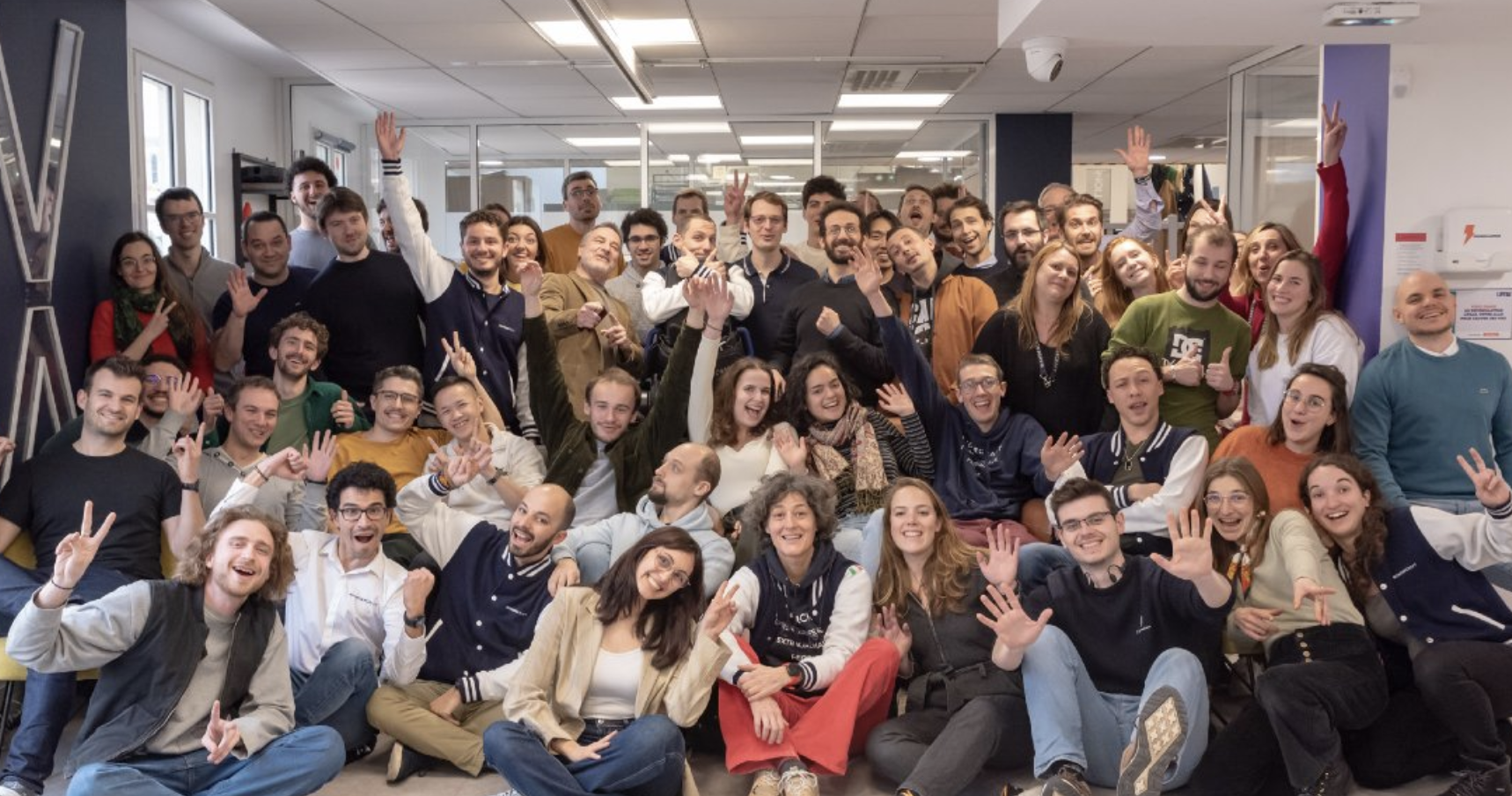
Paris-based robotic mobility company Wandercraft has secured €65.3 million in a Series D round led by Renault Group, Bpifrance’s PSIM fund, and Teampact Ventures.
The round also saw participation from LBO France, XAnge, and others, bringing the company’s total funding to over €140 million.
From rehab centers to home and industry
Founded in 2012, Wandercraft develops AI-powered, self-balancing robotic systems to assist people with mobility impairments. Its flagship product, the Atalante X exoskeleton, is used in over 100 rehabilitation centers worldwide and has supported users in taking more than 14 million steps. With FDA clearance already in place, the company is preparing for broader clinical deployment.
Now, Wandercraft is expanding into consumer and industrial applications. Eve, its upcoming personal-use exoskeleton, aims to give wheelchair users greater independence at home and in daily environments. The company is also building Calvin-40, a humanoid robot developed in just 40 days for use in physically demanding industrial roles.
Renault becomes a strategic partner and first customer
A new partnership with Renault Group gives Wandercraft manufacturing scale and its first industrial client. Renault will integrate the Calvin-40 humanoid robot into its operations. Calvin-40 is powered by NVIDIA’s Isaac GR00T N1 and Jetson platforms and represents one of the first humanoid robots developed in Europe for factory use.
Funding to fuel product launches and US growth
The capital will be used to commercialize Eve by 2026, scale Atalante X’s clinical footprint, and develop the Calvin-40 robot. Wandercraft also plans to grow its U.S. presence through its New York-based “Walk in New York” center, which offers regular exoskeleton therapy and will act as a regional hub for Eve.
CEO Matthieu Masselin stated: “This funding allows us to transform how people move, live, and work — whether in a rehab center, home, or factory floor.”
30+ patents and global ambitions
Backed by over 30 patents and more than a decade of R&D, Wandercraft’s systems are built on neural networks trained on billions of steps. With this latest funding, the company aims to accelerate its mission to make mobility and autonomy more accessible worldwide.


